telecom
Latest
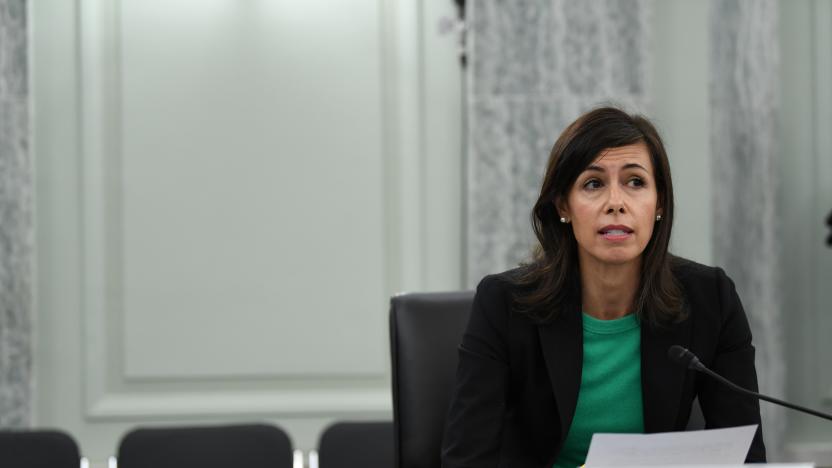
FCC proposal would prevent spam callers from leaving ringless voicemails on your cellphone
The Federal Communications Commission could soon make it more difficult for telemarketers to leave ringless voicemails on your cellphone.
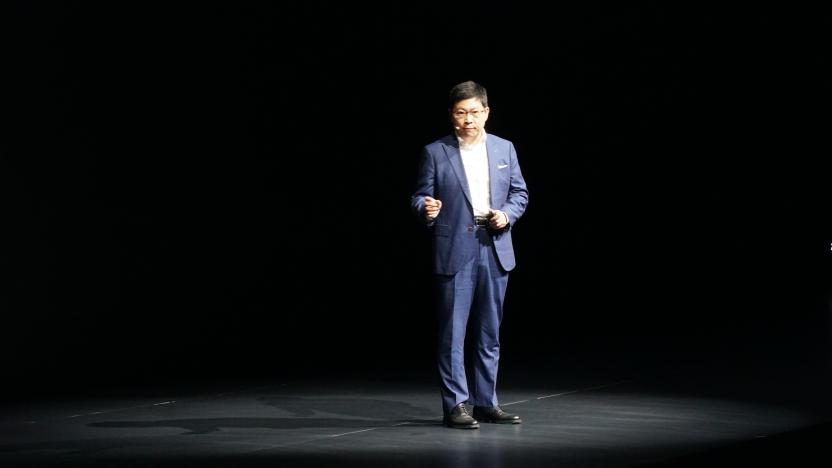
The Mate 40 will feature Huawei's final high-end Kirin processor
The Trump Administration's Entity List ban continues to affect Huawei's business.
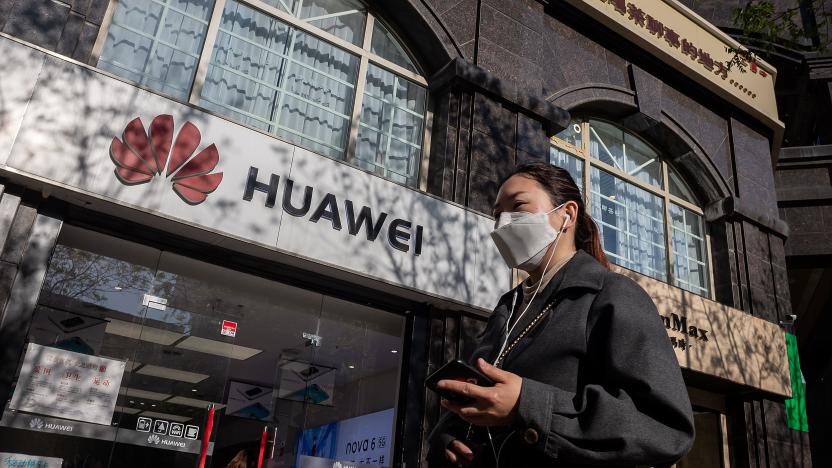
Trump extends telecom order behind Huawei ban until May 2021
Trump has extended a national emergency order that paved the way for a ban on Chinese telecoms like Huawei and ZTE.
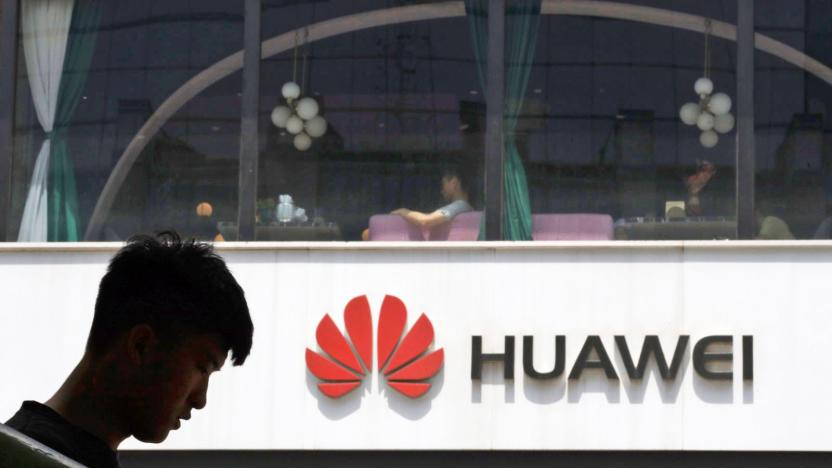
US claims Huawei can secretly access carrier backdoors
The US has been trying to persuade its allies to ditch Huawei for a while, but it has been curiously shy about providing evidence to support its case. However, some of that evidence appears to be coming to light -- although it's still not certain there's a real threat. Officials talking to the Wall Street Journal have claimed that Huawei can "covertly" access phone networks worldwide using backdoors meant for law enforcement. While manufacturers are often required to design their gear in a way that prevents them from gaining access without a carrier's permission, Huawei supposedly maintains that access without the carriers being any the wiser.
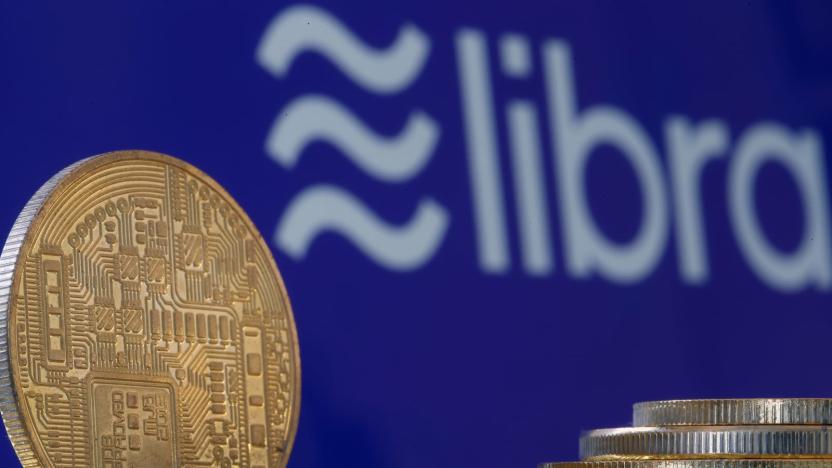
Vodafone is the latest to leave Facebook's Libra Association
The Facebook-created Libra Association is still bleeding members months after it formalized its council. Telecom giant Vodafone has confirmed to CoinDesk that it left the Association. Unlike past defectors, though, it's not so much about regulatory jitters surrounding the cryptocurrency. Vodafone said it instead wanted to focus on expanding its own payment service, M-Pesa, beyond the six African countries where it's currently available. It's not burning bridges -- the company said it wouldn't rule out the possibility of "future cooperation."
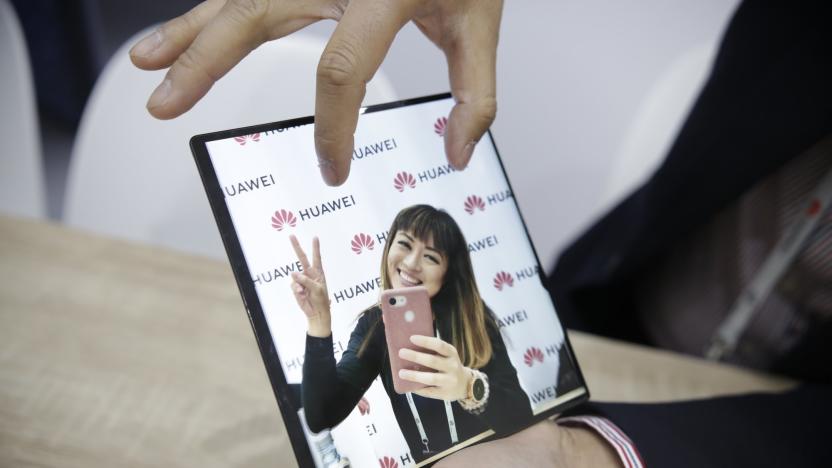
Commerce Department extends Huawei license for another 90 days
In May, the Trump administration essentially banned the purchase and sale of Huawei products on a temporary basis. The emergency measure was meant to stem concerns that the company provides intelligence or backdoor access to the Chinese government while US agencies investigate the allegations. Organizations that wanted an exemption to this had to apply for what's called a Temporary General License, or TGL. The latest extension of the TGL was scheduled to expire today, but the Department of Commerce announced a 90-day extension this morning.
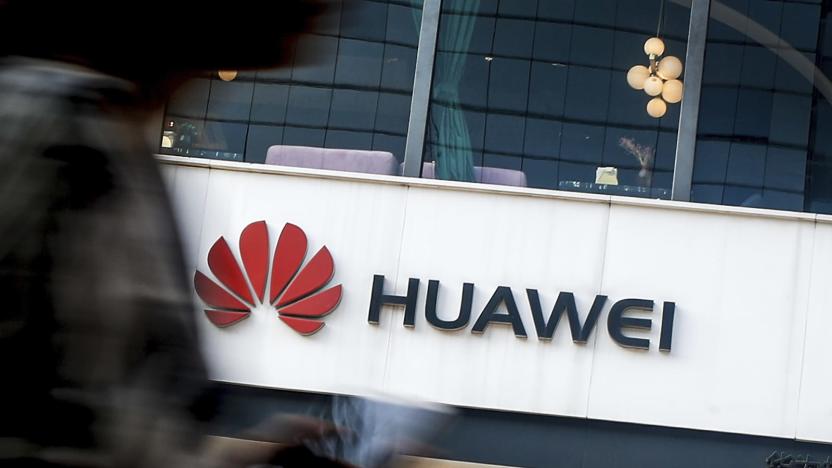
Huawei wants to license its 5G tech to US telecoms
Huawei is banned from selling its 5G technology in the US, but that isn't stopping it from trying an end run around that hurdle. Senior VP Vincent Pang told Reuters that Huawei is in early discussions to license its 5G tech to American companies. The talks are a couple of weeks old, but the unnamed firms have "shown interest" in both long-term deals and one-time transfers. Pang wouldn't predict if Huawei would land a deal, although he noted that any single-shot transfer would be expensive to maintain and develop.
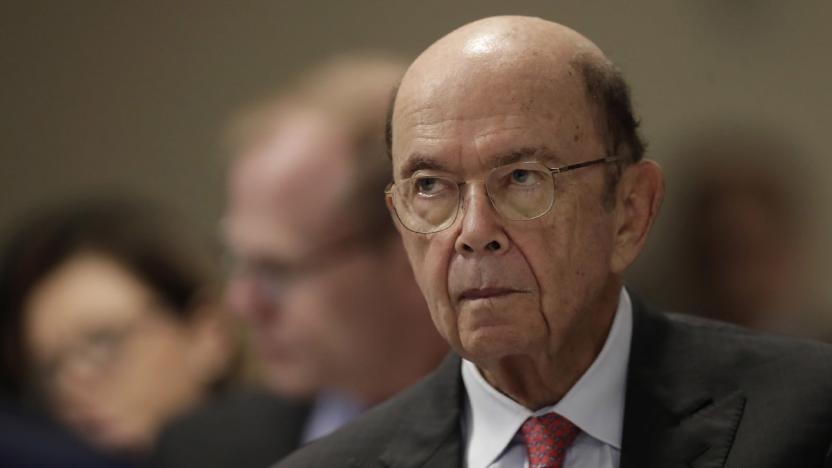
US gives Huawei another 90 days to serve existing customers
The US government has granted Huawei another 90 days to buy from American suppliers. The "temporary general license" extension will allow Huawei to continue servicing existing US customers before it is fully blacklisted, Reuters reports. The company now has through November 19th to maintain existing telecom networks and provide software updates to existing Huawei handsets.
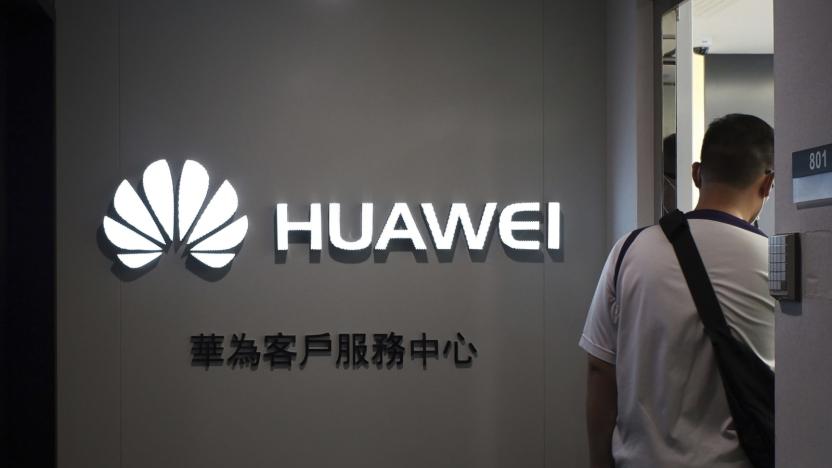
Huawei says US ban is 'in no one's interest'
Huawei issued a statement today objecting to the recent actions of the US government to effectively ban Chinese telecom firms from doing business within the country. "This decision is in no one's interest," the company said. "It will do significant economic harm to the American companies with which Huawei does business, affect tens of thousands of American jobs, and disrupt the current collaboration and mutual trust that exist on the global supply chain." Huawei also claimed it is committed to finding ways to remedy the current situation and wants to "mitigate the impacts of this incident."
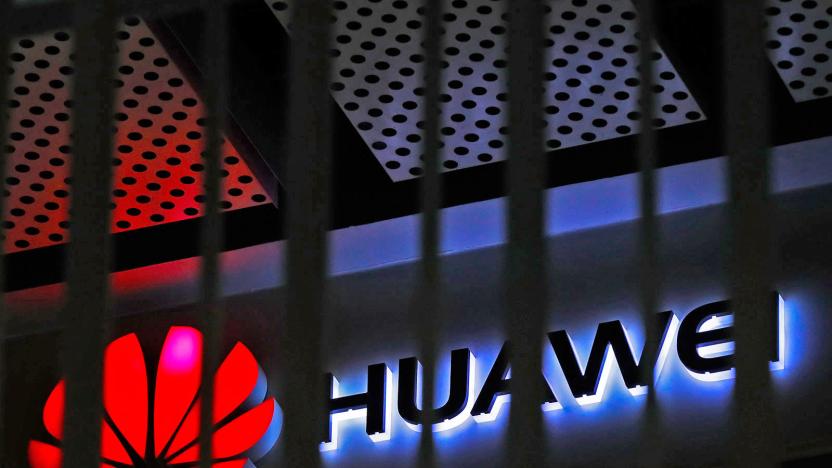
Trump declares 'national emergency' to make way for Huawei ban (updated)
The US government now has some pretext for outright bans on doing business with Chinese telecom firms like Huawei and ZTE. President Trump has signed an executive order declaring a national emergency banning sales and use of telecom equipment that poses "unacceptable" risks to national security, including critical infrastructure and the online economy. "Foreign adversaries" are exploiting more and more security holes through communications tech, Trump argued, and there were "potentially catastrophic effects" if this behavior went unanswered.

Google, Cuba deal could bring faster internet to the island
Today, Google signed a memorandum with Cuba's telecom monopoly ETECSA to create a cost-free connection between the two networks. Doing so will boost Cuba's internet speeds, but this peering agreement comes with a catch. Cuba will first need to install a new undersea fiber-optic cable to physically connect its network with a Google "point of presence." And that could take years.

Texas bill would make it illegal to throttle data in disaster areas
The revelation that Verizon (Engadget's parent company) throttled California firefighters' data is prompting new legislation... in Texas. State Representative Bobby Guerra has submitted a bill that would make it illegal for wireless carriers to "impair or degrade" mobile data in declared disaster areas. In other words, a provider couldn't throttle any service in crisis-struck regions, for emergency crews or otherwise. It wouldn't preclude throttling in normal circumstances.
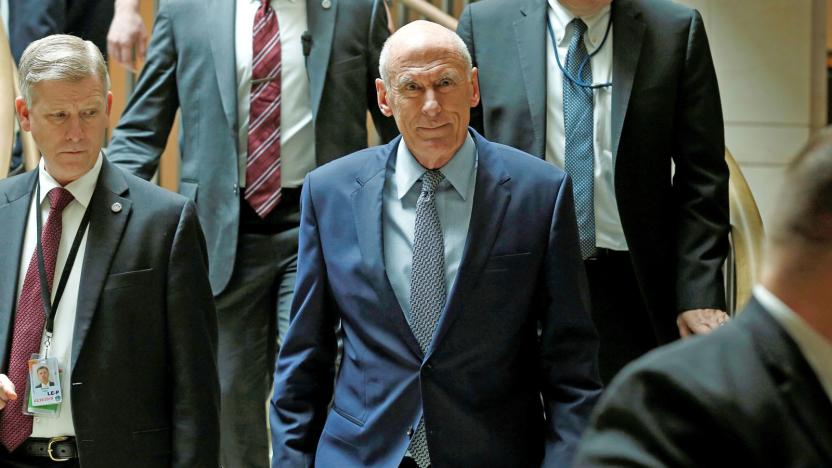
US intelligence chief says 'no evidence' of Chinese spy chips
Dan Coats, the US director of national intelligence, said there's "no evidence" that Chinese spies tampered with servers bought by up to 30 companies, including the likes of Apple and a telecom provider, as Bloomberg reported earlier this month. However, he told Cyberscoop that "we're not taking anything for granted. We haven't seen anything, but we're always watching."

After Math: Every robot was parkour fighting
What a week it's been! Between Google's Pixel 3 event, the lucky landing by the Soyuz crew, and Facebook's latest data breach, it feels like we almost didn't have time to talk about Waymo's self-driving cars, Amazon's new line of picker bots and Boston Dynamic's gymnastic droids. But that's where the After Math comes in.
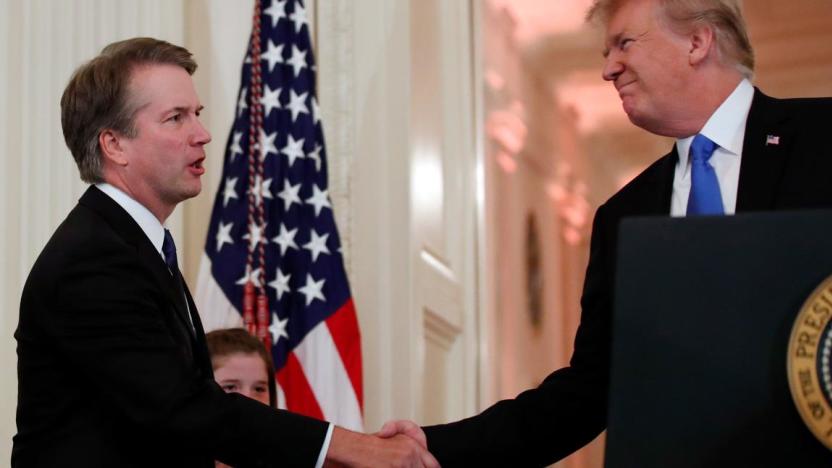
Our (likely) next Supreme Court justice doesn't get the internet
Barring some serious Democratic finagling, Judge Brett Kavanaugh is going to be our next associate Supreme Court justice. The problem is, he doesn't really get the internet. He made as much clear in a dissenting opinion he wrote in the thick of last year's net neutrality debate. Long story short, a panel of judges from the D.C. Circuit Court of Appeals upheld the FCC's 2015 Open Internet Order in 2016 after it was challenged by a coalition of telecom and cable companies. Those organizations then petitioned for a second hearing in front of the entire court, and were shot down again (.pdf here) in 2017. Kavanaugh disagreed with the court's decision, and then proceeded to lay out arguments for why the FCC's net neutrality rules were "unlawful."

FCC proposes $954 million to restore Puerto Rico's telecom networks
The FCC is ready to do more to help Hurricane Maria victims beyond a task force and short-term cash infusions. Chairman Ajit Pai has proposed spending a total of $954 million to both fix and expand telecom networks in both Puerto Rico and the US Virgin Islands. The measure would offer an extra $64 million in near-term recovery, but would also include $631 million to repair and grow wired broadband as well as $259 million to improve LTE data.
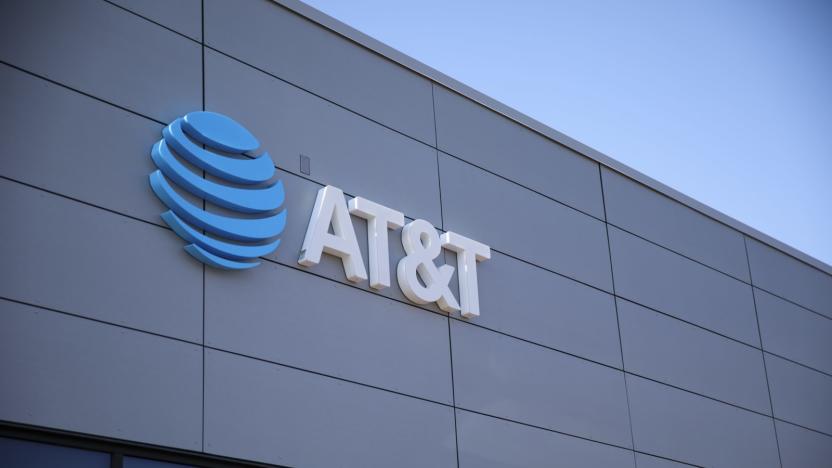
AT&T calls for net neutrality laws after fighting to end FCC rules
Few people would call AT&T a champion of net neutrality, but that isn't stopping it from trying to claim the title. CEO Randall Stephenson has posted an open letter calling on Congress to write an "Internet Bill of Rights" that enforces "neutrality, transparency, openness, non-discrimination and privacy protection" for American internet users. They would not only defend consumer rights, Stephenson argues, but establish "consistent rules of the road" that give internet companies and telecoms an idea of what they can expect.
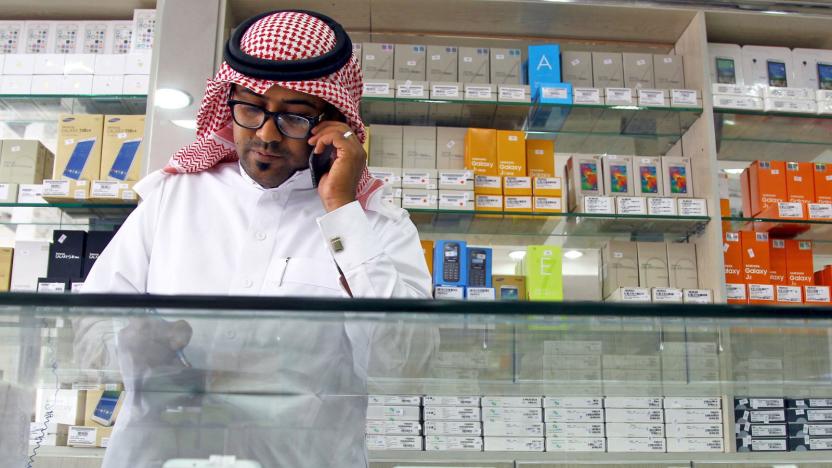
Saudi Arabia lifts ban on messaging apps like Skype and Snapchat
Saudi Arabia will lift a ban on internet calls at 8PM ET today that had stood since 2013. Services that follow rules set by the country's Communications and Information Technology Commission (CITC) will be allowed to operate, according to a spokesman's statement and tweet (below).

China orders telecoms to block personal VPNs by February
China declared that virtual private networks were illegal back at the start of the year, and now it's giving telecoms no choice but to fall in line. Bloomberg sources understand that the government has told carriers to block individual access to VPNs by February 1st. Companies can still use VPNs internally, and will reportedly be allowed to use leased lines (registered with officials, of course) to access the full internet, but everyone else appears to be out of luck.
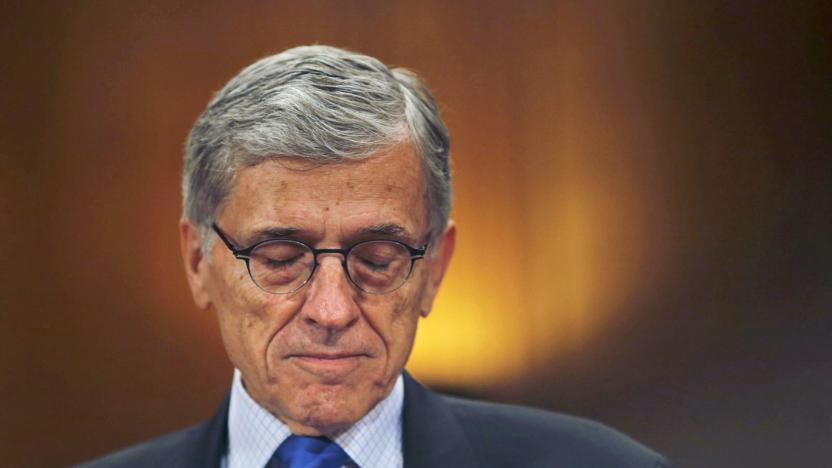
FCC backs down from municipal broadband case
After losing its bid to protect municipal broadband services, the Federal Communications Commission has apparently given up the fight to keep local competition in high-speed internet service. As Ars Technica reports today, the FCC has decided not to pursue another review of the case that could have put the matter in front of the Supreme Court.








